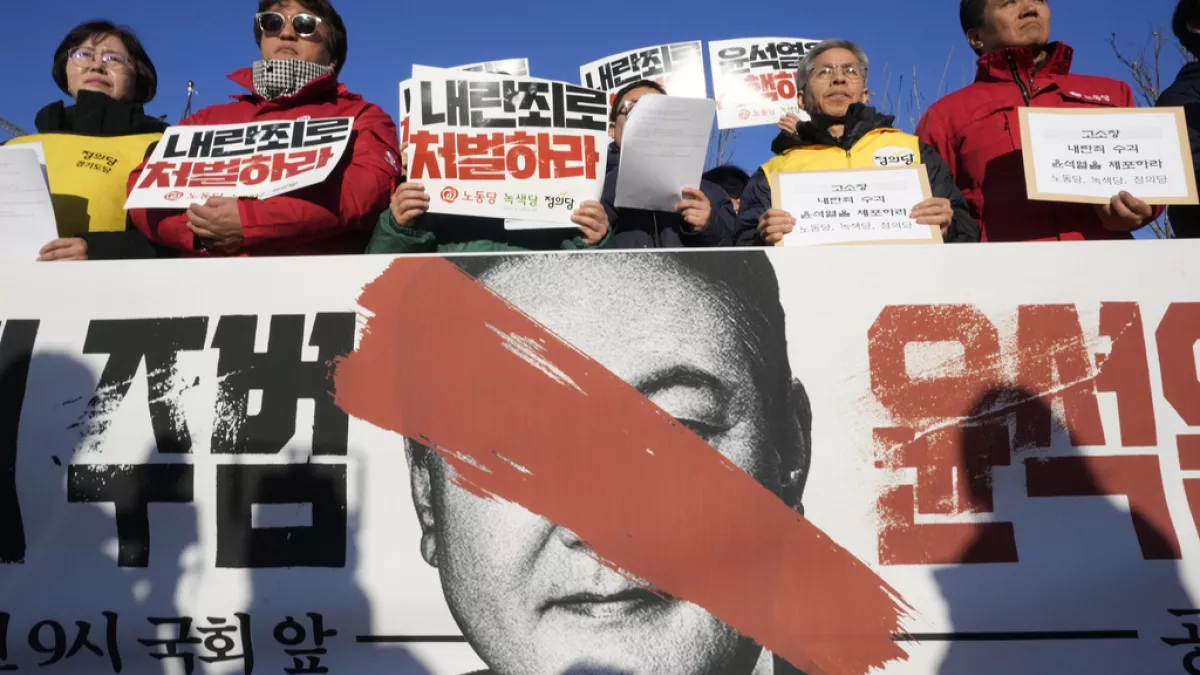
South Korea experienced a period of intense political upheaval as President Yoon Suk Yeol declared martial law, only to lift it hours later following widespread condemnation and protests. The move, which sparked fears of a return to authoritarian rule, has plunged the country into uncertainty and raised questions about the president’s future.
Yoon’s declaration of martial law, announced in a surprise late-night address, was met with immediate backlash from opposition parties and the public. Lawmakers defied the decree, forcing their way into parliament to overturn it, while protesters took to the streets demanding Yoon’s resignation.
The president accused the opposition Democratic Party of sympathizing with North Korea and engaging in “anti-state” activities, citing their efforts to impeach top prosecutors and reject a government budget proposal. However, his attempt to impose martial law was swiftly condemned as an overreach of power and a threat to South Korea’s democratic values.
The decree, which banned political activities and protests, was short-lived. Lawmakers from both the ruling and opposition parties united to overturn it in an emergency parliamentary session. Faced with overwhelming opposition, Yoon was forced to lift the martial law order and withdraw troops deployed to enforce it.
Despite backing down, Yoon maintained his accusations against the opposition, accusing them of obstructing his government’s agenda. This incident has further deepened the political divide in South Korea and fueled calls for Yoon’s impeachment.
The brief imposition of martial law has shaken South Korea, a country that has made significant strides towards democracy after decades of authoritarian rule. The memory of past military dictatorships and the suppression of dissent remains fresh in the minds of many, making Yoon’s actions particularly alarming.
The future of Yoon’s presidency and the stability of South Korea’s political landscape remain uncertain. The opposition is emboldened by their successful resistance to the martial law decree and is expected to intensify their efforts to hold the president accountable.
This incident serves as a stark reminder of the fragility of democracy and the importance of upholding democratic values, even in times of political tension. The world is watching closely as South Korea navigates this turbulent period and seeks to safeguard its hard-won democratic freedoms.


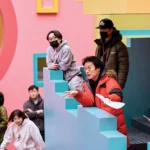
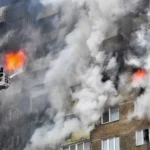
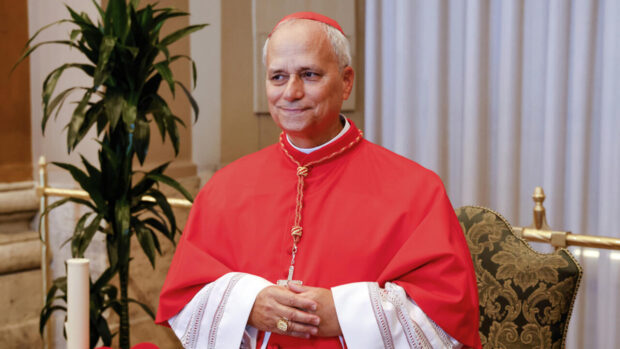
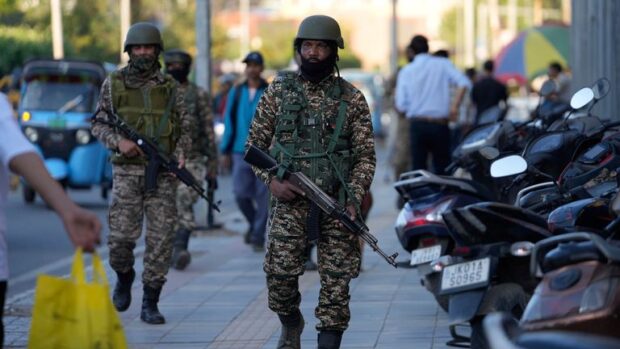


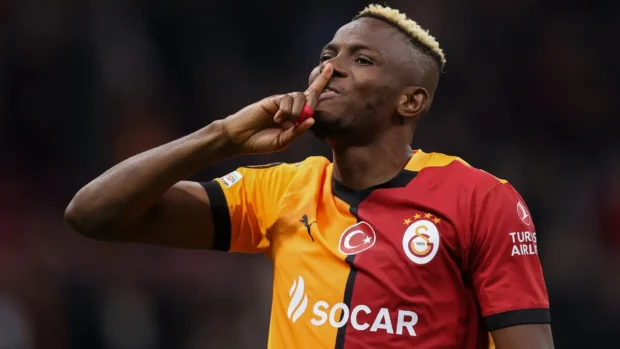
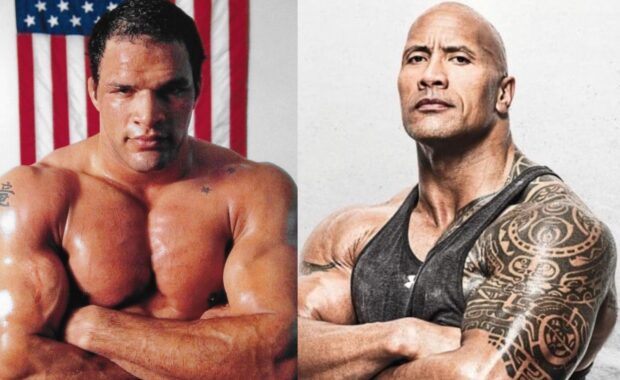


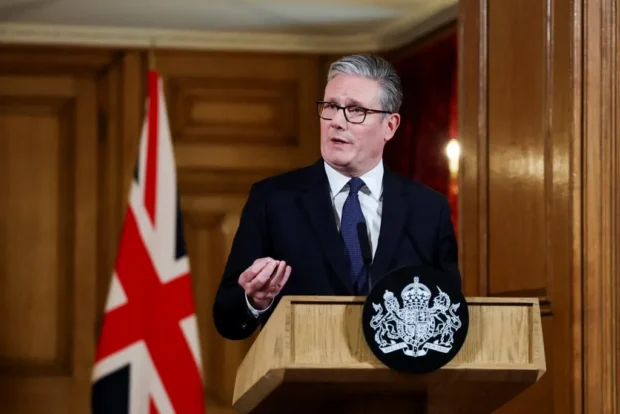
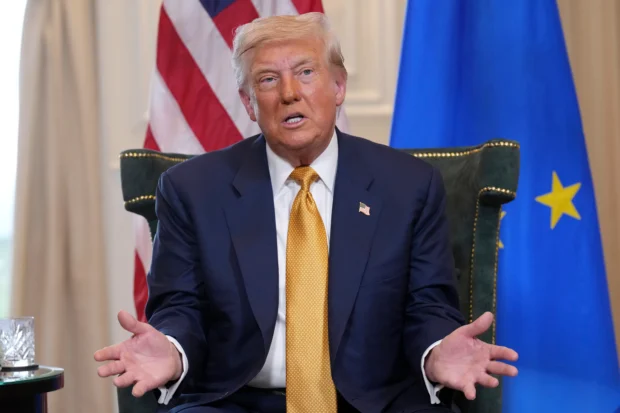


Be the first to leave a comment